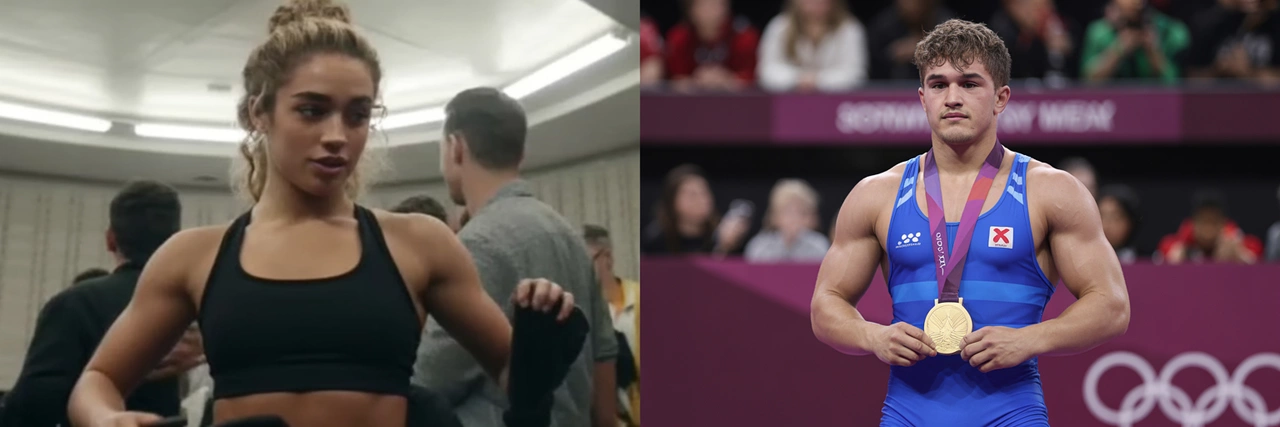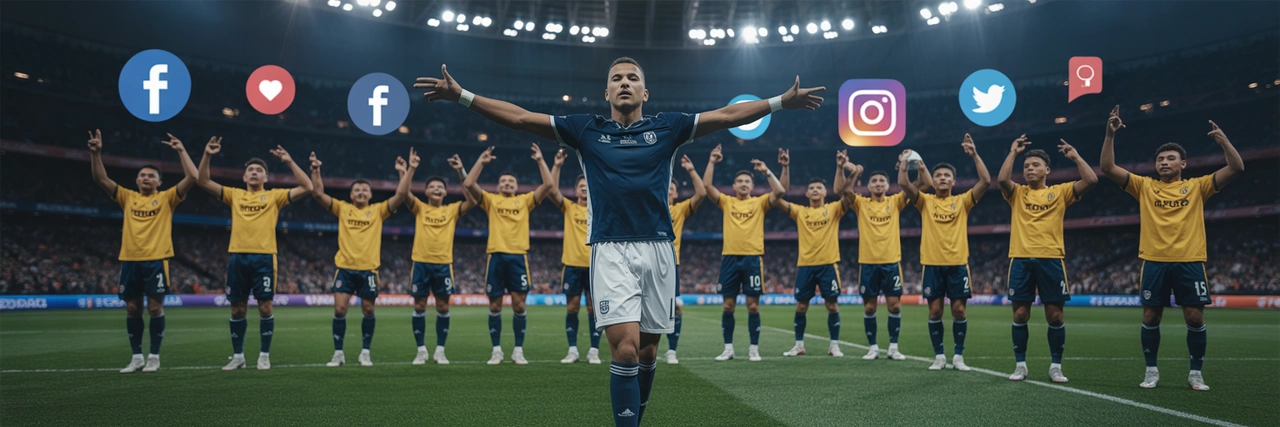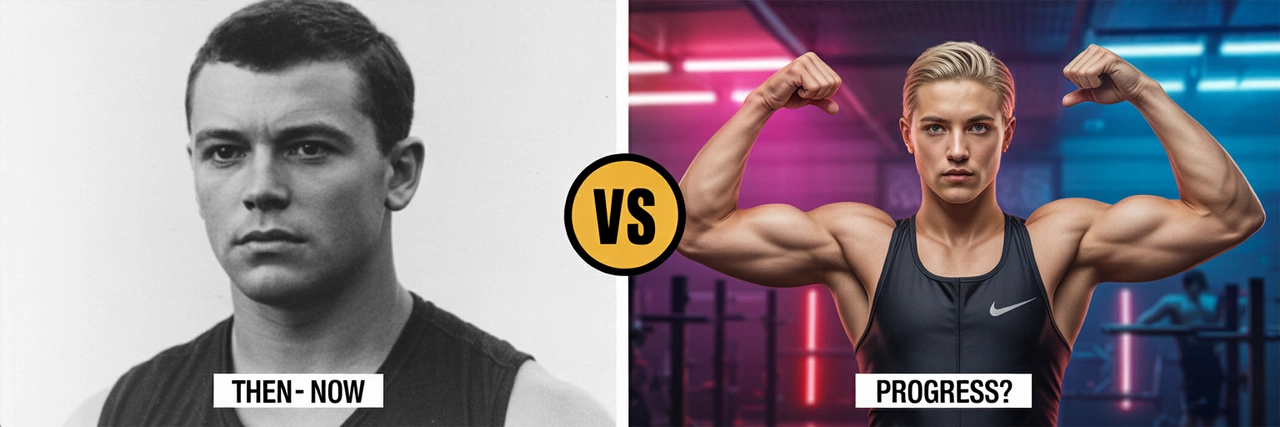Sports Influencers: When Emotion Beats the Scoreboard
“He has six million followers and one goal. But the goal doesn’t count — it was an accident. The comments section though? Fire.”
We’ve been told that sports are about numbers — records, medals, and stats. But honestly? Most of us don’t tune in to see how many kilograms some 265-pound dude with a beetroot face can deadlift. We watch for the drama. The performance. The characters. Sports stopped being just sports a long time ago. Now it’s part cinema, part reality TV, part fashion week with sweat.

It’s easier to follow Jake Paul or Sommer Ray than to pronounce the name of the current European wrestling champion. Because influencer-athletes know how to sell themselves. They have backstories. They provoke emotions — admiration, cringe, rage — anything but boredom. And in the content economy, that's the real currency.

Let’s talk money. Jake Paul may not be a world-class boxer, but he’s a pay-per-view juggernaut. His fights aren’t just about jabs — they’re full-blown productions. There’s a press tour, trash talk, walk-in outfits that look like Met Gala rejects, and a narrative arc. That’s what pulls in millions of viewers — and millions of dollars. He’s not breaking the sport; he’s remixing it for the algorithm.

Traditional athletes still exist. And sure, some purists scoff. But let’s be real: today, it's not enough to score goals — you have to score attention. Whether it’s in viral cleats, with a TikTok dance after the win, or a post-game quote that gets memed into eternity. An athlete who ignores that game is playing blindfolded. And let’s not forget: you can win a championship and still lose the internet.

Some call it the downfall of real sports. I call it evolution. We’ve always wanted heroes. The only difference? Yesterday’s champions were silent titans. Today’s wear wireless mics and post gym selfies. And honestly, I’m okay with that. At least it’s not boring. And in a world full of noise, being boring is the real failure.

Close